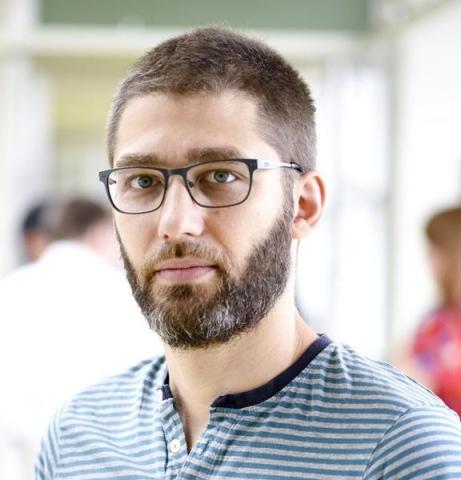About the project
In this project, the student will develop new technologies for integrated quantum optical chips allowing programming and tuning of devices under different operating conditions and in particular for operation in a cryogenic environment.
The ability to actively control different parts of the chip is instrumental to achieve devices for quantum technologies. Amongst the most exciting prospect of programmable devices is the arbitrary programming of Hamiltonians for optical quantum computation, allowing to adapt the photonic quantum chip to solve different sets of problems.
Traditional methods for active tuning of photonic integrated circuits, for example using microheater technology, are challenging at low temperatures and risk perturbing the quantum state by introducing heat into the system. Non-volatile programming using optical phase change materials, holds significant interest for the ability to retain a programmed state without requiring any energy input during the quantum experiment. The optical phase change devices can be set and reset between experiments, rather than requiring permanent heating. Recent efforts in our team has seen the development of a new generation of optical phase change materials with very low optical losses which can be switched reversibly over many cycles (e.g. Delaney et al., Science Advances 7, eabg3500, 2021).
The scope of this PhD research is to make progress in the integration of such low-loss programmable materials in quantum optical chips, with the purpose of achieving control over the operation and adaptation of the quantum chip to particular Hamiltonians.
The student will engage in numerical simulations, design and nanofabrication of quantum optical devices using the University’s state of the art cleanroom facilities. These include advanced full-wafer fabrication tools, such as Southampton’s Deep-UV lithography (the only such system available in the UK’s academic research community) and our new 200 kV electron beam lithography system (the only such system currently installed in UK and Europe).
The PhD studentship will align with research activities in the two groups of Politi and Muskens and benefit from significant resources and equipment available.
Applications are invited for a postgraduate researcher to join this new activity taking place in the Quantum, Light and Matter group at the University of Southampton.
We are looking for highly motivated applicants with interest in the topic of quantum technologies and an affinity for experimental nanophotonics research, involving numerical design, nanofabrication using the University’s cleanroom facilities, and optical studies.
A fully funded PhD studentship covering stipend and fees is available for the successful applicant (UK or EU nationals).

